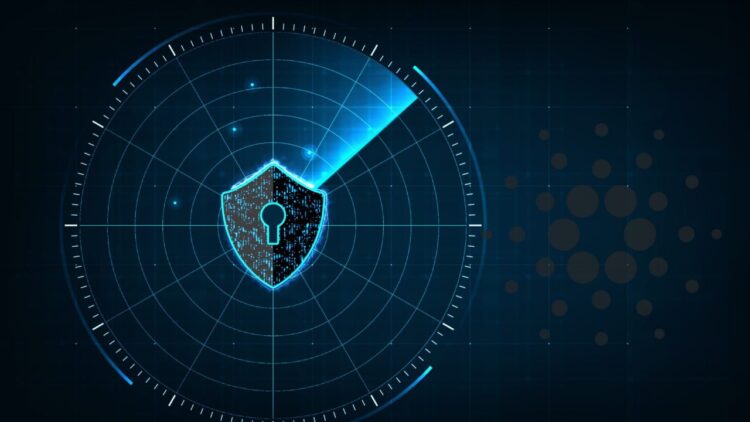According to a tweet released by Djed’s official Twitter account on Thursday, September 29, DJED, the algorithmic stablecoin developed by Cardano and Coti Network, is now in the process of being finalized and secured as they are currently awaiting the outcome of the final audit to see whether any significant issues will be detected.
The Djed team previously stated that it was looking forward to the Vasil update as the hard fork will provide much-needed scalability to operate securely on the mainnet. Provided there are no problems with the outcomes of the final audit; they will proceed to deploy it immediately on the Mainnet, according to the tweet.
Cardano’s value has significantly reversed in recent weeks and has failed to demonstrate a positive trend in the price of ADA, which is currently trading at around $0.43. However, words about the Vasil hard fork upgrade have aided Cardano’s growth to some extent.
Details on what might happen following the much-anticipated deployment of Djed were provided in the article released by Coti Network, as Vasil has successfully launched with all of its functionalities installed.
In the article, COTI noted that the off-chain code and specific libraries to converse and synchronize with the Cardano node are now being updated to correctly accommodate version 1.35.x of the Cardano node on the private testnet platform due to changes in the PAB that necessitate the need to update the proxy and the UI correspondingly.
Stating that after all updates are implemented, they will carry out a test run to make sure everything works as it should. Immediately after the test run has been completed, the updates will be deployed to the public testnet.
Over the past few weeks, Djed has extensively optimized its script to increase throughput and cut down over 60% of the execution fees.
Furthermore, they updated the acquisition module for the $ADA exchange rate to take into account at least six external sources for security purposes; as a result, the exchange rate will only be updated on the blockchain after three of the six external sources have responded appropriately, making it more secure.










